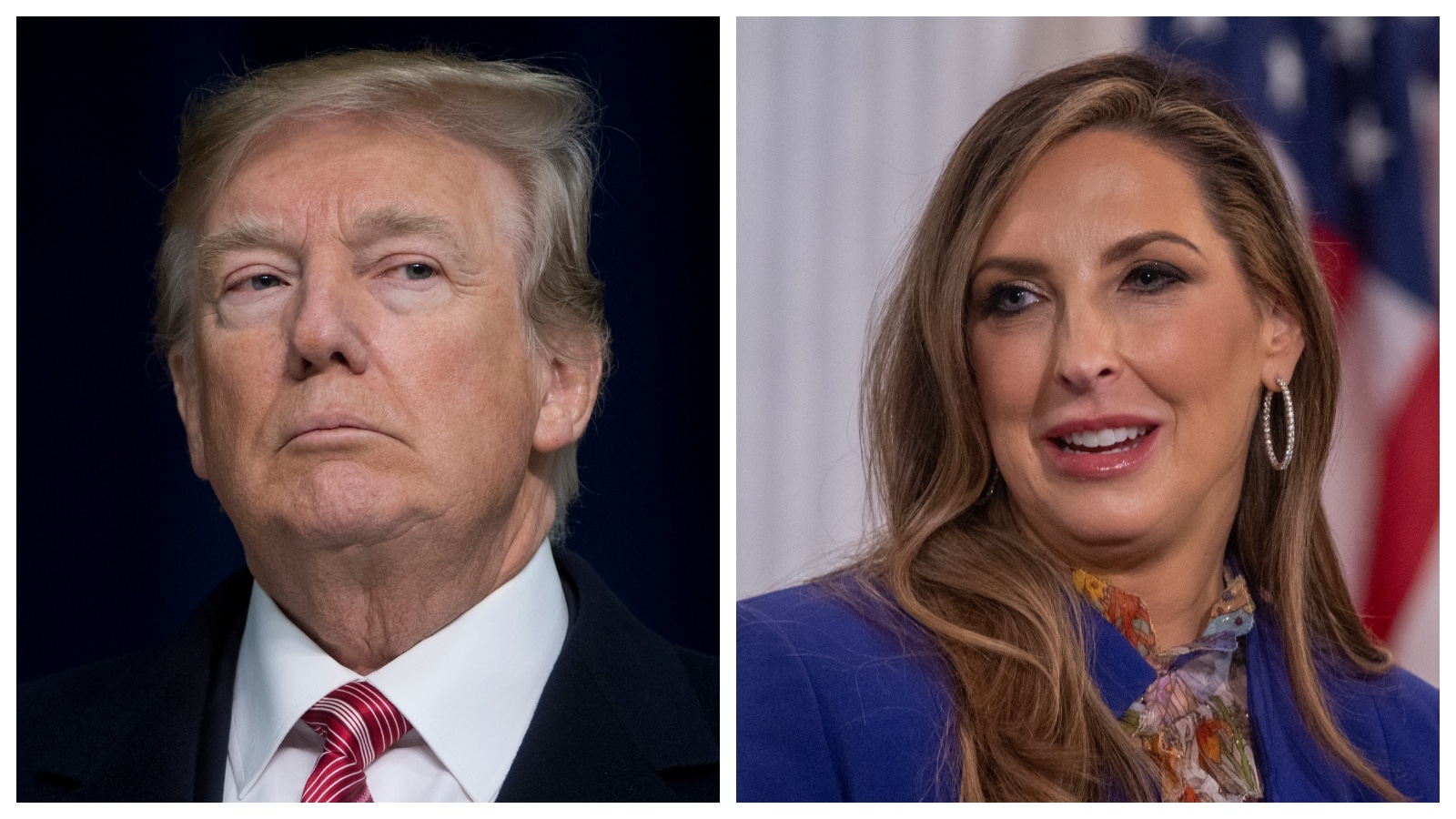OPINION: This article may contain commentary which reflects the author's opinion.
The Republican National Committee has unveiled details surrounding the first GOP presidential debate to be held later this year in Milwaukee, Wis., that former President Donald Trump has initially opposed.
The RNC said it would be held on Aug. 23 — a Wednesday — which is less than three months away, Breitbart News reported on Friday.
A press release from the RNC said that a second debate would be held the following day if there are too many qualifying candidates to fit in a single venue.
To qualify for the first debate, every presidential candidate must meet four specific criteria. First, they must meet the eligibility requirements to run for office. Additionally, they need to have officially declared their candidacy and filed the necessary documentation with the Federal Election Commission (FEC). And they must complete the appropriate forms provided by the FEC, identifying themselves as a candidate and “designating the candidate’s principal campaign committee.”
The candidate must also have a minimum of 40,000 unique donors contributing to their presidential campaign committee. This requirement entails obtaining a minimum of “at least 200 unique donors per state or territory in 20+ states and/or territories,” the press release added.
Candidates must also achieve at least one percent support in three national polls or, alternatively, secure one percent support in two national polls while also receiving one percent support in an early state poll. But, the poll must be deemed appropriate by the Republican National Committee (RNC).
The RNC has provided specific guidelines for qualifying polls, stipulating that the survey must involve a minimum of 800 registered likely Republican voters. The survey should employ various methodologies, ranging from online panels to phone calls, and must be structured in a manner that avoids potential bias.
Furthermore, the survey must not be affiliated with any campaign or the candidate’s committee, and it must be conducted on or after July 1. Candidates have until 48 hours prior to the debate to meet the polling requirements.
There is one additional requirement that may impact Trump more than anyone else: Each candidate must sign pledges to the Republican National Committee (RNC), committing to abstain from participating in “any non-RNC sanctioned debate” throughout the entire election season.
In April, Trump threatened to skip the RNC’s debates and hinted that he may create his own forum.
“I see that everybody is talking about the Republican Debates, but nobody got my approval, or the approval of the Trump Campaign, before announcing them,” he wrote on Truth Social at the time.
“When you’re leading by seemingly insurmountable numbers, and you have hostile Networks with angry, TRUMP & MAGA hating anchors asking the ‘questions,’ why subject yourself to being libeled and abused? Also, the Second Debate is being held at the Reagan Library, the Chairman of which is, amazingly, Fred Ryan, Publisher of The Washington Post. NO!” he added.
At a subsequent campaign event in New Hampshire soon afterward, he displayed a slideshow of his polling numbers compared to other GOP candidates and said of the proposed debates: “Why would you do that?”
“The emerging spat is a preview of the potential tension that could lie ahead as the Republican National Committee works to oversee an open, competitive primary process while Trump aims to establish himself as the undisputed leader of the party who doesn’t need to engage in such traditions,” The Associated Press reported.
“It’s an echo of his previous campaigns when he often dangled the potential of skipping debates — and sometimes followed through with the threat,” the AP added.
RNC Chairwoman Ronna McDaniel was asked about Trump’s boycott threat in an interview on Fox News.
“I talk to President Trump all the time,” McDaniel said. “We’ve talked to all the potential candidates. We’ve let them know the schedule. We’ve announced the debates.”
“But every campaign and every candidate is going to have to make a decision,” she added. “He’s going to have to make that decision. I think he’ll do it.”
